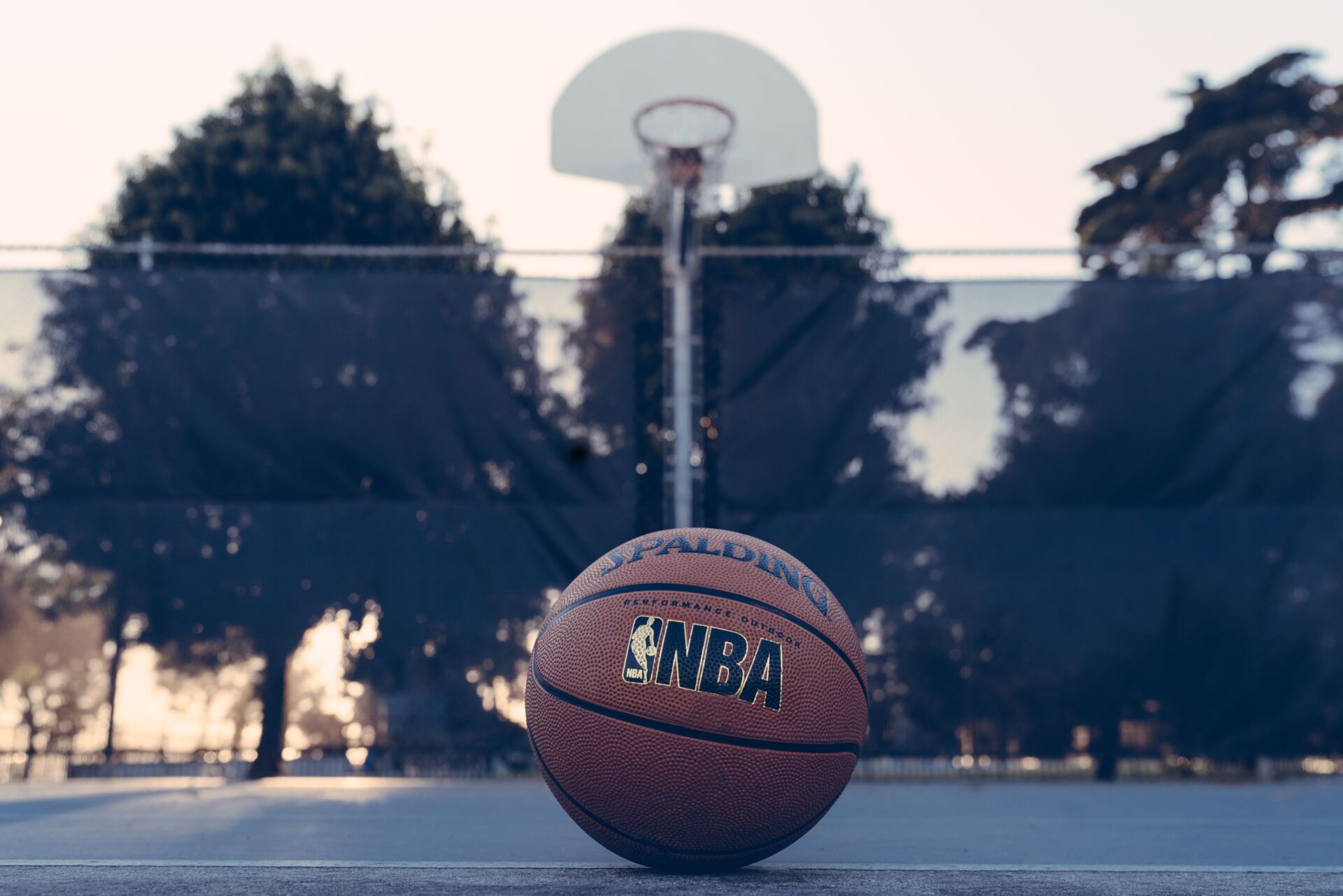Whenever you hear the word ‘bonus,’ what comes to mind first? For most people, it’s the idea of getting freebies, especially after a great performance. In basketball, bonus means otherwise as it refers to the event when a team reaches the maximum number of fouls in a quarter or half. But what does a bonus mean in college basketball?
Bonus in college basketball has a similar meaning to professional basketball leagues like the NBA – It usually means that a team is in a state of fouling out. The main difference with College Basketball is that the National Collegiate Athletic Association (NCAA) imposes stricter bonus rules.
What are the details for bonuses in college basketball? Also, what does a double bonus mean? How many fouls are needed before a team enters a bonus? Find out the answers to these questions (and more) as you continue reading the article.
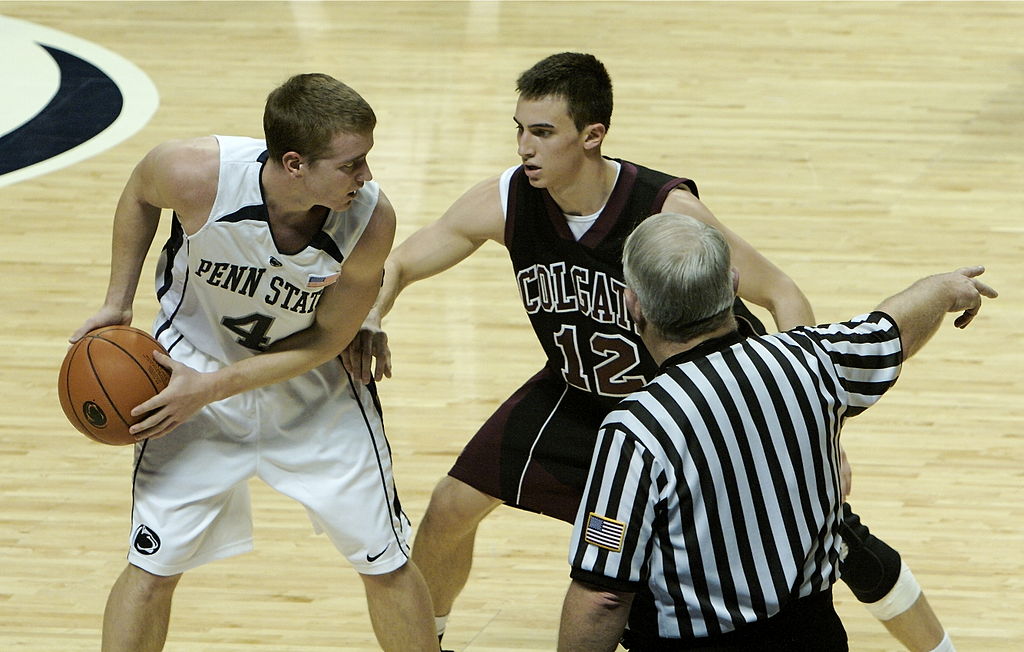
Bonus, also called the bonus or penalty situation, means that a team is in a state of fouling out. As such, the offending team already accumulated the maximum number of allowable fouls on a quarter or half. If a team that is currently in bonus and a player gets a personal or technical foul, the violation will provide the opposing team with free throws. The number of free throws given depends on the foul.
What is a Double Bonus in Basketball?
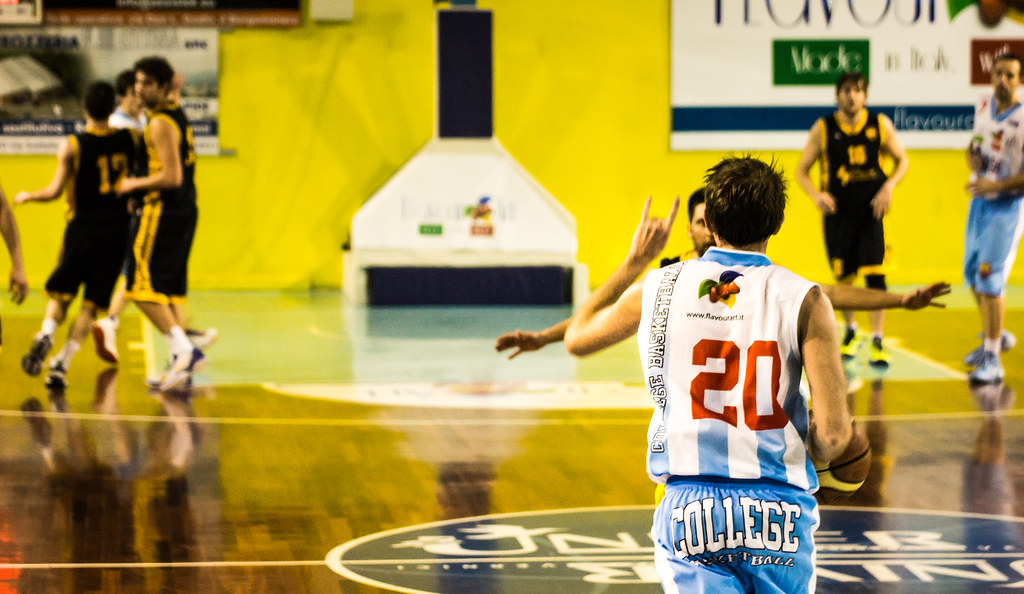
A double bonus is quite rare in basketball, although it’s not impossible to happen. This event takes place when a team has ten violations in a quarter or half. The opposing team will be given two free throws if the team with the double bonus receives another violation after the tenth.
However, the double bonus scenario only happens in NCAA basketball games and not in professional NBA matches. Additionally, the double bonus status also becomes active when the offending team commits its fourth foul during overtime.
What happens if a team has a double bonus status?
For example, it’s overtime and Team A already accumulated four fouls during this period. Now, the team needs to play more carefully than before. Otherwise, they risk giving Team B free throws, which will give the opposing team a significant advantage.
What are the Bonus Rules in College Basketball?
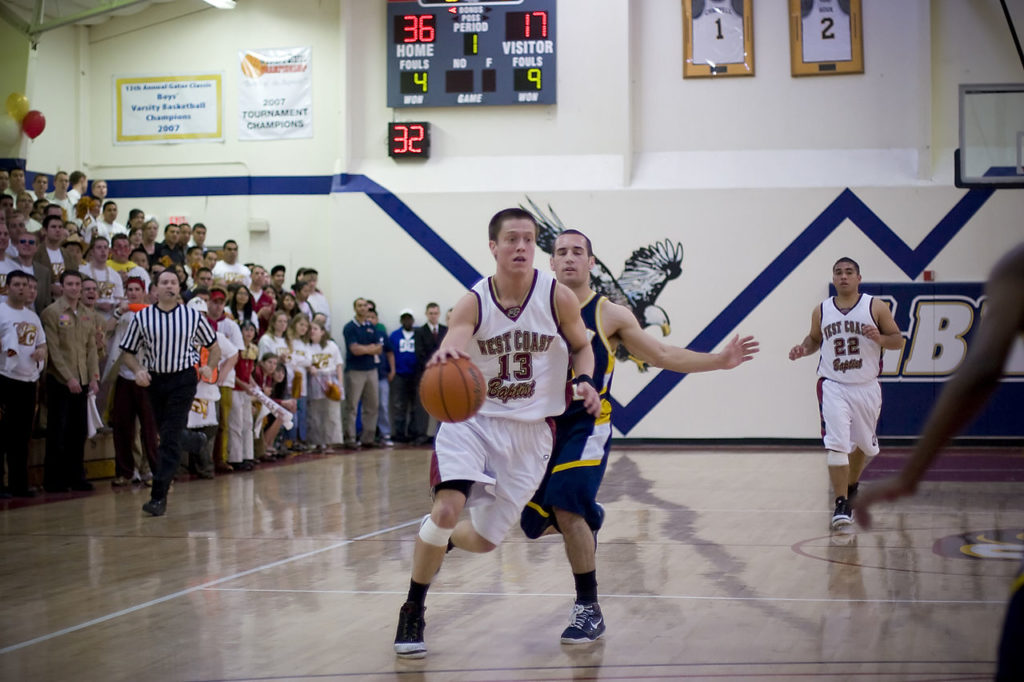
The NCAA permits teams up to receive up to six fouls per half. In contrast, the International Basketball Federation (FIBA) and the NBA permit up to five fouls per quarter. After those violations, each subsequent foul will give the opposing team free throws.
In college basketball, if a player commits a non-shooting foul while his team is in bonus, the opposing team will be given two free throws. However, the attempt stops if the shooter misses the first shot. On the other hand, the player will enjoy making another attempt at the basket if he makes the first one. This scenario is called a ‘one-on-one.’
Also, keep in mind that offensive fouls will still count towards the number of violations gained by teams. However, basketball league officials won’t award players with free throws for offensive fouls made. Furthermore, technical fouls don’t count as team fouls.
Are There Controversies with Bonus in Basketball?
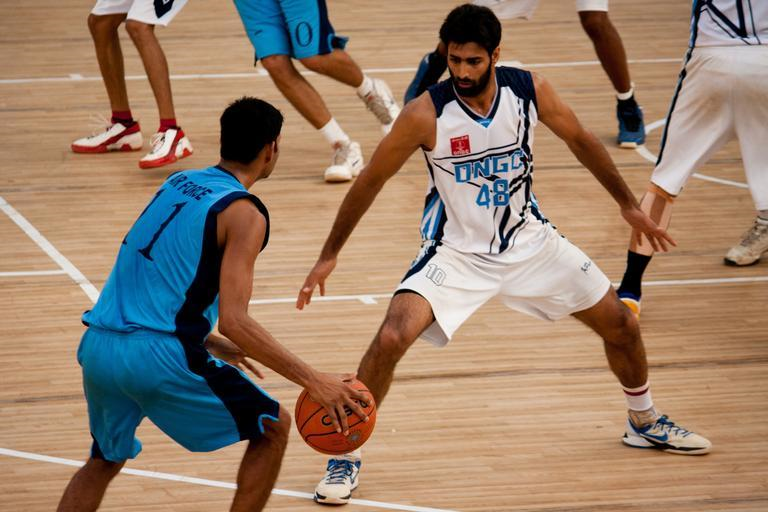
Controversy thrives in basketball, particularly when talking about the bonus status. However, two serious controversies changed the way how many basketball enthusiasts see this specific rule.
The first controversy takes place during the 1983 NCAA Division I Men’s Basketball Tournament. In one particular game in the tournament because head coach Jim Valvano made headlines as his NC State team upset the Houston team in the finals.
The reason behind this dispute is because the head coach is known for his foul-for-profit strategy. In other words, he likes to lead his players into performing deeds that’ll make opposing teams foul out. That way, those opposing teams will enter bonus quickly, resulting in free throws for Valvano’s team.
At that time, the NCAA knew what was transpiring but didn’t have the means to prevent the incidents. So the college sports league devised the double bonus. In turn, teams would think twice before using Valvano’s strategy of using fouls for profit.
Next, there’s the Hack-a-Shaq controversy, which is a strategy used in the NBA. Since the NBA doesn’t use the double bonus rule, players would intentionally use fouls to their advantage. In turn, the player can receive a free throw.
Take note that it’s not rare to see professional basketball players being bad free-throw shooters, such is the case of Shaquille O’Neal. Since players would ‘hack’ fouls to gain free throws, these instances gave birth to the name ‘Hack-a-Shaq.’
The NBA didn’t like that players are exploiting fouls for their gain. Therefore, in 2016, the league implemented new rules. One rule to note is that teams will now only have one foul to give during the last two minutes of any quarter. Before, teams can still receive violations throughout the entire match but will only receive one foul in the fourth quarter.
What is a Team Foul in Basketball?
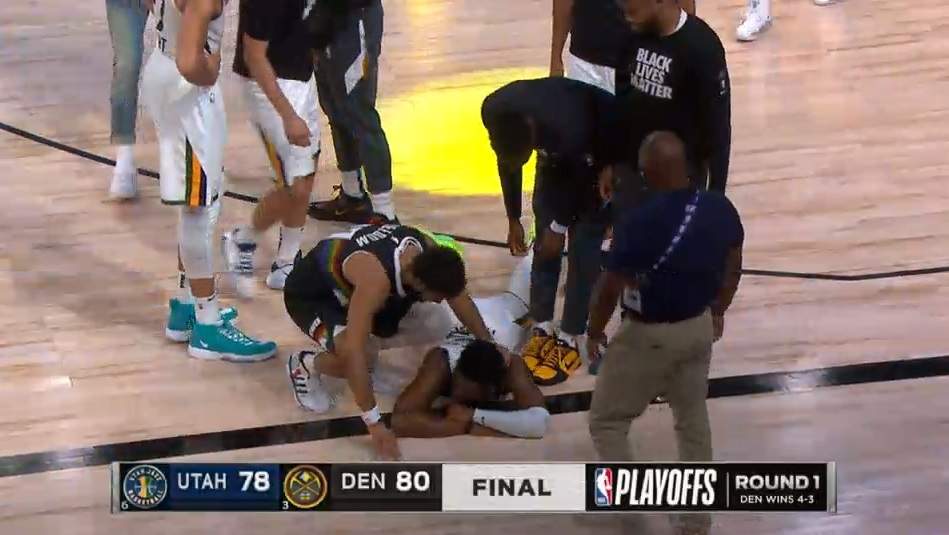
Team fouls are the total number of violations accumulated for each basketball team in a quarter or half. This number resets after each quarter or half, depending on the league’s official guidelines.
For example, Player A has one foul while Player B accrued two fouls. Also, take note that both players are on the same team. Therefore, both players’ violations are summed up as three team fouls.
Basketball players and fans will know if a specific team enters a bonus when looking up at the digital scoreboard. Most modern scoreboards will now have the word ‘Bonus’ under each team. This word will light up if a team has that status.
Final Words
The NCAA has stricter bonus rules than the NBA or FIBA. Professional basketball leagues allow five violations per team per quarter before entering bonus. On the other hand, college basketball teams will have six fouls per half to enter the bonus. Any basketball team with this status should play it safe. Otherwise, players can risk giving extra points to opposing teams.




